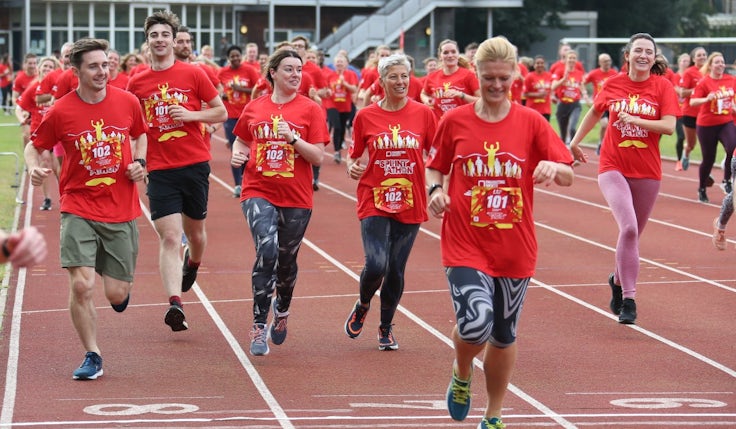How Refuge tackled the online abuse ‘epidemic’
Determined to support survivors of online harassment, Refuge used social media to drive legislative change and generate £1m in ‘social value’.

Despite one in three UK women experiencing online abuse in their lives, Refuge stats reveal more than half (53%) failed to receive a response from the social media platform in question when reporting their abuse.
Identifying the government’s Online Safety Bill as an opportunity to drive legislative change, the charity joined forces with agency BBH to drive public awareness and engage MPs and peers.
The campaign’s creative idea ‘#MarkedAsUnsafe’ riffed off the common practice of marking yourself as ‘safe’ on Facebook during a crisis.
Running across Refuge’s social channels, the campaign was shared by the charity’s ambassadors and influencers with a majority young female following – the demographic most likely to be harassed online. The team also created #MarkedAsUnsafe digital assets for supporters, encouraging them to petition the relevant Secretaries of State to strengthen the Online Safety Bill.
After recess ended in October 2022, Refuge parked a van outside Parliament displaying data localising the online abuse epidemic to the borough of Westminster.
Winner of the 2023 Marketing Week Award for Charities and Non-Profit, the campaign attracted 131 mentions on launch day alone. Refuge reported a “huge spike” in the number of petitions sent to the Home Secretary and Secretary of State.
Cross-party peers also tabled an amendment to the Bill, which would mandate regulator Ofcom to develop a violence against women and girls code of practice.
Thanks to donated media and user-generated content Refuge estimates the campaign generated almost £1m in ‘social value’, money that will fund future advocacy work supporting domestic abuse survivors.







Comments